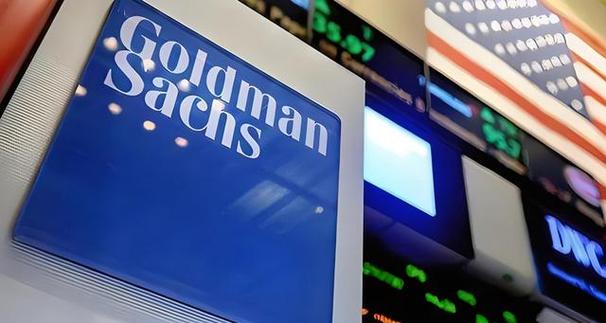
At a time when the global economy is closely linked, policy changes have a whole body. Next week, the global central banks will usher in the high-profile "super week", the United States, Japan, the United Kingdom and other major central banks will hold monetary policy meetings. At this critical moment, Trump's tariff policy has become a key variable affecting the direction of the global economy, and has also become an important factor that cannot be ignored when central banks make policies.
After Trump took office, he raised the big stick of tariffs and imposed tariffs on important trading partners many times, trying to balance the US trade deficit and boost the domestic economy. But from the actual effect, this policy has brought more negative effects. British economist John Ross pointed out that Trump's tariff policy will only have a negative effect on the US economic development. In the short term, higher tariffs push up the price of imported goods, causing inflation. The US Federal Reserve Board may raise interest rates to curb inflation, while high interest rates will slow down economic growth, which is undoubtedly a double blow to the US economy. At the same time, the US economic growth depends heavily on the inflow of foreign capital, and the tariff policy will affect the inflow of overseas industrial capital, further dragging down the economy.
Luis de Guindos, vice president of the European Central Bank, warned that the Trump administration was creating even more economic uncertainty than the coronavirus pandemic. Its tariff policies, plans to deregulate the financial system, and intentions to reform corporate taxes not only exacerbate market volatility, but also profoundly challenge inflation expectations and the path of interest rates. In this context, the global central banks in this "super week", there is a high probability that "cautious" and "wait-and-see" as the common policy tone.
First look at the Federal Reserve, under the uncertainty brought about by Trump's policy, Morgan Stanley analysis said that the Federal Reserve is expected to maintain the federal funds rate at 4.25%-4.5% at the March interest rate meeting. Powell is likely to continue his "patient" stance of "no rush to move" and stick to a "data-dependent" policy strategy without providing clear guidance on future policy rate actions. Recent economic data have shown a slowdown in US economic growth and signs of easing inflation pressures, but these short-term fluctuations are not enough to change the course of Fed policy, and future data are more critical to policy judgments. Morgan Stanley expects the Fed to cut interest rates twice this year and another two times next year, leaving its long-term interest rate outlook unchanged.
The Bank of Japan is in a quandary. Japan's economy is highly dependent on exports, and the Trump administration's trade policies are a big threat to it. Once the trade friction escalates or the global economic recession, the Japanese economy will bear the brunt, and the central bank's cautious policy normalization efforts may be aborted. The Bank of Japan raised interest rates for the first time in January, ending years of negative interest rates, and had been expected to normalize monetary policy by raising rates again this year if the economic recovery continued. However, sudden changes in the external environment have blurred the policy path. Although there are positive signs in Japan's domestic economy, such as wage increases at large companies and rising inflation, the downside risks of the global economy, especially the uncertain outlook for the U.S. economy, have made the Bank of Japan cautious at every step.
The Bank of England is expected to hold fire on Thursday and could then cut rates again in November. The Bank of England expects inflation to peak at 3.7 percent later this year, and Governor Bailey played down the threat of a pick-up in inflation, saying it was caused by temporary factors, but there were also voices warning against ignoring the possibility of entrenched price pressures. In addition, several central banks, such as the Swiss National Bank and Sweden's Riksbank, are also expected to keep interest rates at current levels.
Trump's tariff policy has not only brought inflation and slowing growth to the US economy itself, but also created a high degree of uncertainty around the world, making central banks around the world wary when making monetary policies. In this "super week", how the central banks weigh the advantages and disadvantages in the complex economic environment and formulate policies is not only related to the current economic stability, but also affects the future direction of the global economy. Markets are looking for new directions and stable expectations from central banks' decisions.

報告顯示,中國電力投資加速增長,預計2024年電網基建投資將超過5300億元。
近日,市場迎來了一則引人注目的消息:工業巨頭3M公司(MMM.N)在本周五公布了其季度業績報告,隨後股價飆升至近兩年來的
最近,外媒給OpenAI算了筆賬,今年可能要血虧50億美元。
近日,巴黎奧運會和世界鐵人三項協會聯合發布了一項重大決定,宣布因塞納河水質污染問題,原定於近期進行的奧運會鐵人三項首次下
當地時間7月18日,法國巴黎發生了一起令人震驚的持刀襲警事件。
近期,一則重大消息在國際舞臺上引起軒然大波,馬來西亞宣布加入金磚國家。
調查發現,互聯網和智能手機的使用幹擾了韓國近五分之一學生的生活。